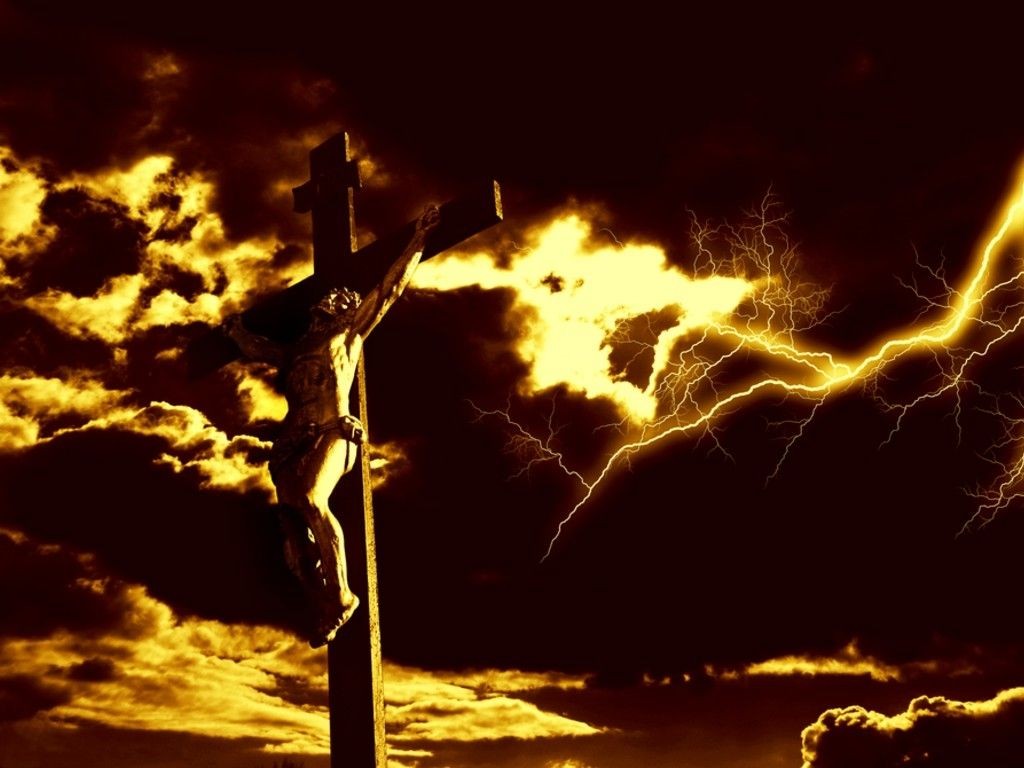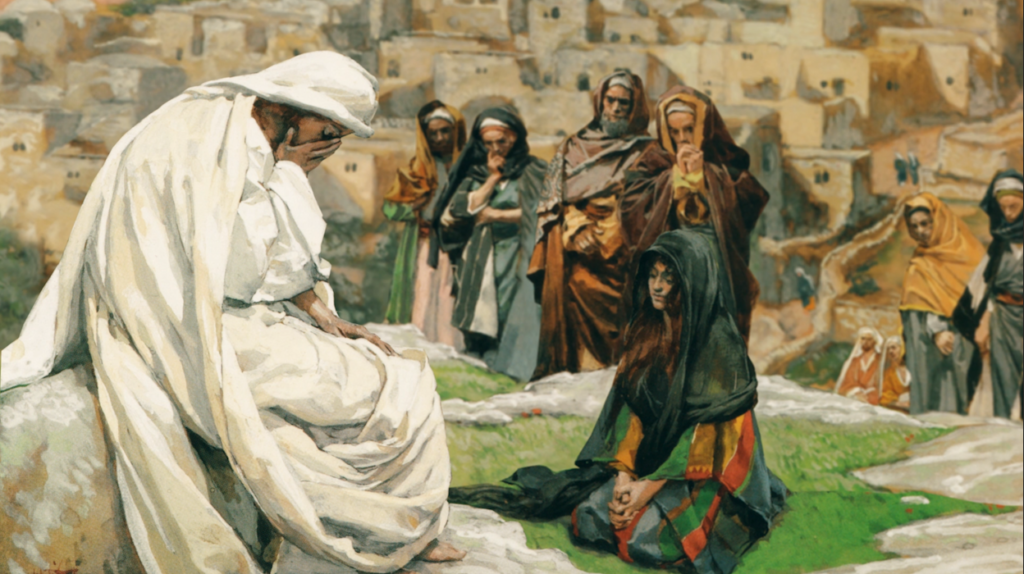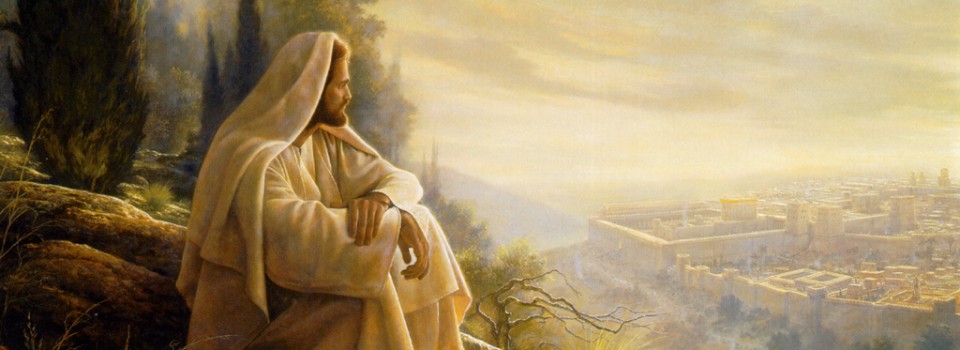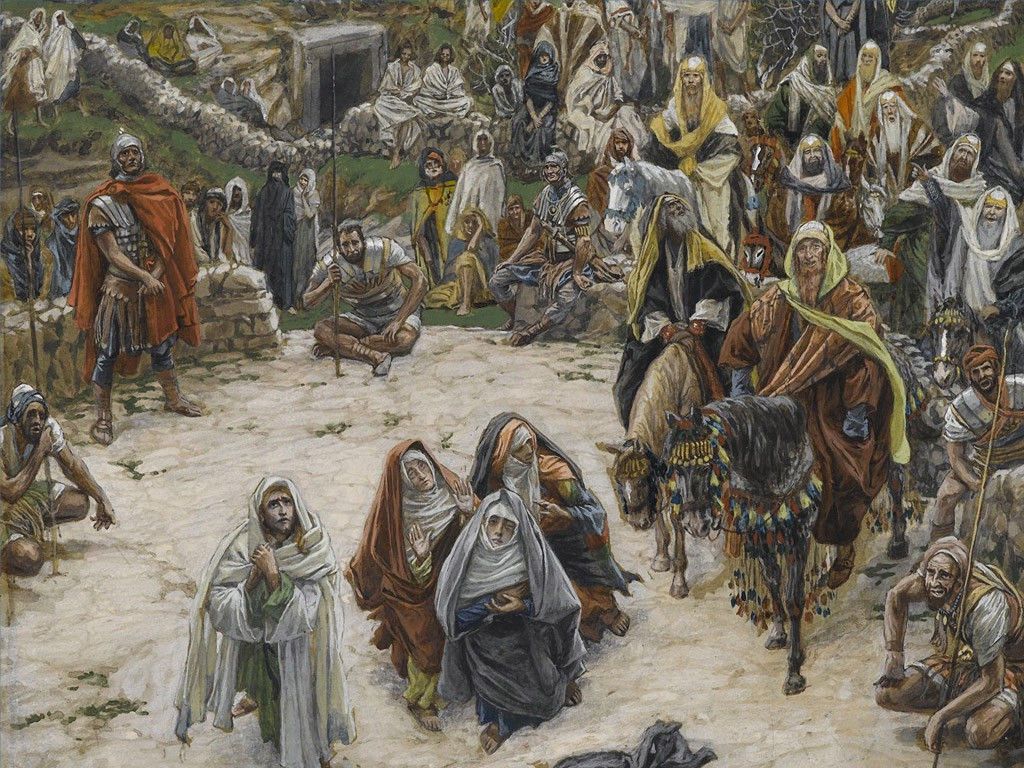Two simple words of Jesus from the cross—I thirst—confirm His human nature. The exact nature of Jesus was a source of debate in the early church. I don’t think there was any disagreement during the apostolic era about precisely who He was as both God and man, but when certain theologians came along and raised questions, the church leaders needed to get together and settle the matter once and for all.
One question raised was whether Christ’s divine nature removed His human soul. It was answered by the Council of Constantinople (381): Christ was fully human.
Another question was whether Christ’s divine nature absorbed or dissolved His human nature. It was answered by the Council of Chalcedon (451): Christ was human and divine in one person.
There should have been no question about this. Scripture provides abundant evidence that Jesus was as fully human as He was divine. One prime example is found in Philippians chapter 2:
In your relationships with one another, have the same mindset as Christ Jesus: Who, being in very nature God, did not consider equality with God something to be used to his own advantage; rather, he made himself nothing by taking the very nature of a servant, being made in human likeness. And being found in appearance as a man, he humbled himself by becoming obedient to death—even death on a cross!
As if that weren’t proof enough, the writer of the book of Hebrews in chapters 2 and 4 leaves no doubt:
Since the children have flesh and blood, he too shared in their humanity so that by his death he might break the power of him who holds the power of death—that is, the devil. For this reason he had to be made like them, fully human in every way, in order that he might become a merciful and faithful high priest in service to God, and that he might make atonement for the sins of the people. Because he himself suffered when he was tempted, he is able to help those who are being tempted.
For we do not have a high priest who is unable to empathize with our weaknesses, but we have one who has been tempted in every way, just as we are—yet he did not sin.
He had to be made human in order to be our high priest who could legitimately make atonement for our sins.
He had to experience all the same temptations we experience and come through those temptations without sin so He could empathize with us—knowing what it means to be human.
How human was Jesus? We need to simply recall His reaction at the tomb of Lazarus when He saw the depth of grief in Mary and Martha. He was so deeply moved that we have another of those poignant short verses: “Jesus wept.”
One commentator has expressed it so well:
“The central thought of St. John’s Gospel is ‘The Word was made flesh,’ and He is for us the Resurrection and the Life because He has been manifested to us, not as an abstraction which the intellect only could receive, but as a person, living a human life, and knowing its sorrows, whom the heart can grasp and love. A ‘God in tears’ has provoked the smile of the stoic and the scorn of the unbeliever; but Christianity is not a gospel of self-sufficiency, and its message is not merely to the human intellect. It is salvation for the whole man and for every man. The sorrowing heart of humanity has never seen more clearly the divinity of the Son of Man than when it has seen His glory shining through His human tears.”
I love that last line, so let me repeat it: “Humanity has never seen more clearly the divinity of the Son of Man than when it has seen His glory shining through His human tears.”
Seeing His divinity through His humanity: that might sound like a contradiction to some, but it is the essence of the union of His Godhood and His humanness.
There was also the day that Jesus looked down upon the city of Jerusalem and was overcome with emotion. We find that in Luke 19.
As he approached Jerusalem and saw the city, he wept over it and said, “If you, even you, had only known on this day what would bring you peace—but now it is hidden from your eyes. The days will come upon you when your enemies will build an embankment against you and encircle you and hem you in on every side. They will dash you to the ground, you and the children within your walls. They will not leave one stone on another because you did not recognize the time of God’s coming to you.
The Greek word used here for weeping indicates that He wept aloud. This was no silent grief, but a grief expressed for all to see and hear.
Jesus was fully human. That’s why He could say in the midst of all He had suffered throughout that Good Friday that He was thirsty.
Yet we know there is something more than physical thirst. There is a spiritual thirst as well. And Jesus is the answer to that type of thirst. Here is where His Godhood emerges. Recall Jesus’s words to the Samaritan woman at the well:
“If you knew the gift of God and who it is that asks you for a drink, you would have asked him and he would have given you living water.”
“Sir,” the woman said, “you have nothing to draw with and the well is deep. Where can you get this living water?” Jesus answered, “Everyone who drinks this water will be thirsty again, but whoever drinks the water I give them will never thirst. Indeed, the water I given them will become in them a spring of water welling up into eternal life.”
And then there is this promise in John chapter 7:
On the last and greatest day of the festival, Jesus stood and said in a loud voice, “Let anyone who is thirsty come to me and drink. Whoever believes in me, as Scripture has said, rivers of living water will flow from within them.
In Christ, our spiritual thirst is satisfied. Not only that, but we then become part of that living water that He offers. Our lives should flow out into the lives of others because the living water of Jesus is in us.
We stand steadfast in the belief that Jesus was God incarnate. We affirm the fact of His divinity, and we worship Him as the second person in the Trinity. Yet we also are humbled by His humility, His willingness to set aside all the privileges of Godhood, to become one of us, to experience everything we experience in this life. For both His divinity and His humanness, we fall at His feet and declare Him Lord.
When Jesus said, “I thirst,” He was identifying with us even in His hour of the most terrible suffering known to man. And for that, we should be eternally grateful.




